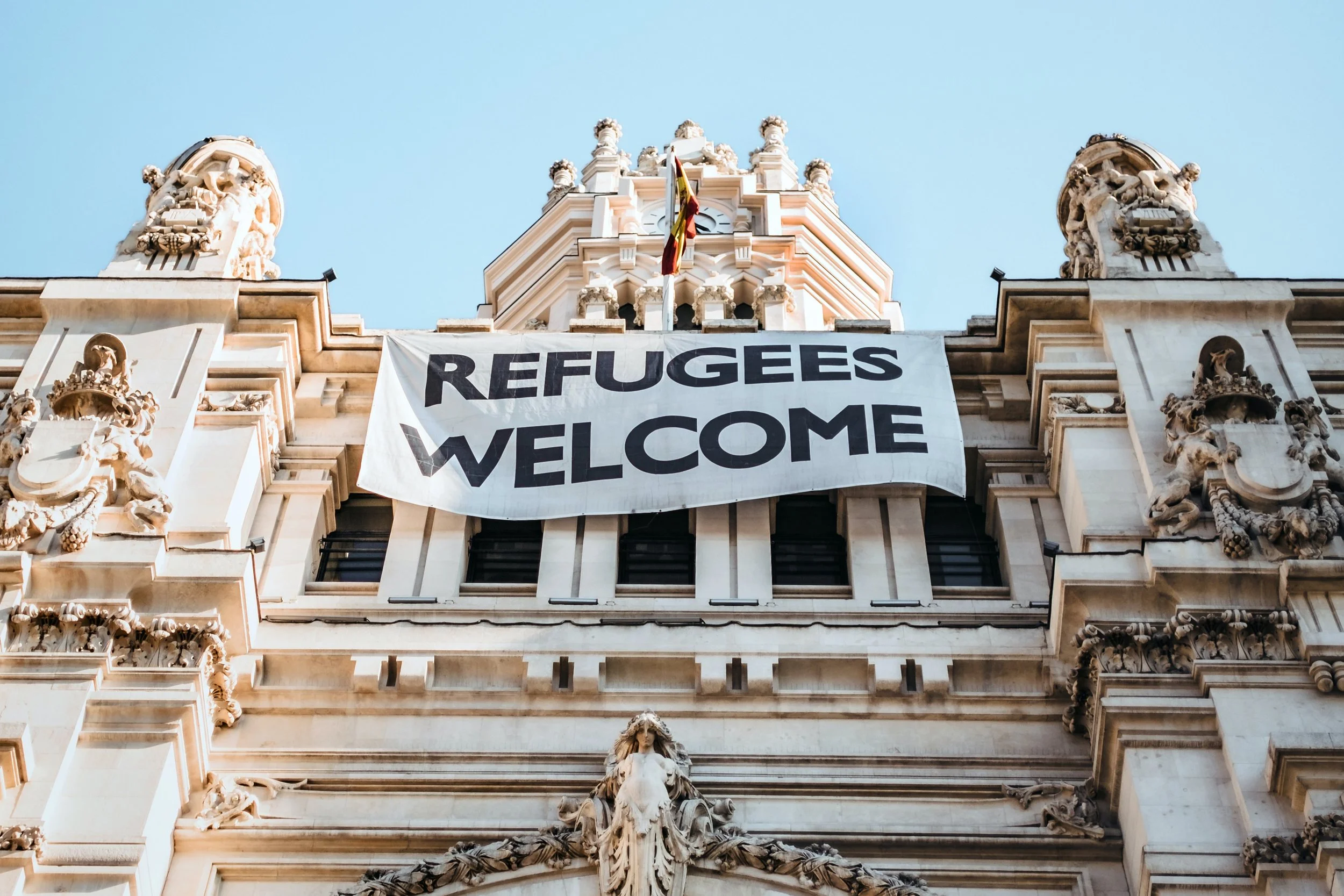
Articles
EIGHT DECADES after the event, Janis Cecins cannot know whether the Soviet train guard who transformed his family’s destiny was being kind or dim. Either way, the soldier allowed Mr Cecins’s parents—a young Latvian couple being forcibly transported to the Soviet zone in occupied post-war Germany—to leave his train one night, on a promise to return in the morning. Mr Cecins’s parents skipped that appointment, and eventually found their way to an Allied-run camp for displaced persons (DPs). The pair were among a million or so civilians with no wish to return to their pre-war homes. The fate of those DPs led in time to the creation of the modern asylum system, including the Geneva convention of 1951, which bars states from returning refugees to a country where they face serious threats to their life or freedom.
At first glance, it sounds like a utopian dream. A Swiss entrepreneur envisions a new Hong Kong – built for refugees. Yet behind the scenes, negotiations to secure land at a confidential location are already well underway.
The refugee question is a topic that fea- tures prominently in the media, in private conversations, and in fiercely divisive political debates across the world. What we propose with free Global Cities, such as the Andan Global City, are autono- mous, sub-national entities, where individu- als and families who have been forced to flee their homes are welcomed into a safe envi- ronment where they can thrive, rather than merely survive — an innovative concept that is both humanitarian and profitable, that will create wealth and prosperity for citizens as well as for the nations hosting them.
Special economic zones could soon encompass lifestyle and leisure as much as business. From there, the move toward fully integrated, autonomous cities is the next logical step. This is not just an idea or a hypothesis — it is already happening. A new concept is already emerging, taking SEZs to the next level. Multiple projects are competing and, at the same time, collaborating to achieve this vision.
It’s crucial that refugees be recognized for the unique skills and talents they bring — an untapped resource, diligence, and human ingenuity readily available to work, to produce, and to create. In the recent Concordia webinar, our panelists discussed the quest to establish the first free Global City for Refugees.
There have been many attempts to solve the Fermi paradox. But we should prioritize earthly matters rather than focusing on the cosmos, because we are now dealing with the terrestrial and very real migration paradox on our planet.
What we propose with free Global Cities, such as the Andan Free Global City, are autonomous, sub-national entities, where individuals and families who have been forced to flee their homes are welcomed into a safe environment where they can thrive, rather than merely survive.
A record number of people are fleeing their homes around the world. Entrepreneur Christian Kälin now wants to build a new Singapore for displaced people. He says this will let them rebuild their lives – while also making investors money.
Russia’s imposition of citizenship means Ukrainians in occupied territories may be drafted in the war against their own country.
Without an influx of new talent replacing the aging workforce, countries will be left with low economic output, elderly populations, and no youth to care for them. For all the world's complexity, success and failure in the 21st century will boil down to capturing mobile youth as they vote with their feet.










